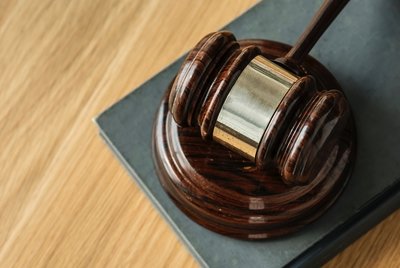The police have just arrived at my house and want to search it. What should I do?
A police search of your premises for drug-related offences will almost always be with a search warrant. There are very limited circumstances where police may search your premises without a warrant, under the Police Powers and Responsibilities Act. These include:
- To arrest a person located at your house;
- To prevent evidence they reasonably believe may be destroyed or concealed if an urgent search is not carried out;
- To prevent domestic violence against a person;
- To investigate certain traffic offences, such as drug or drink driving;
- To locate a person who has escaped arrest or custody; and
- To reach a crime scene.
You should immediately seek legal advice by calling our 24 hour crimeline should this happen to you. Even if there is no warrant and you don’t believe any of the reasons above are applicable, the police may have satisfied their own obligations and you may be committing an offence by denying them access. In any case, if the search was not legal, any evidence obtained through the search may be subject to being excluded on a public policy basis.
Prior to or during the search, the police may ask you questions. You should not answer these questions beyond stating your name, address and date of birth. Even if the search is occurring through a search warrant, you should still call our 24/7 hotline for immediate advice.
This is the first time I have been in trouble with the police. Will I go to jail?
If you are arrested, you may be taken to the police watchhouse and held in custody. It is up to the police, subject to their own guidelines, to grant you bail on your own undertaking at that point if they wish. If the police choose not to grant you bail, you may elect to make a bail application to the court, where the police prosecutors will have to state the reasons for opposing bail and persuade the court it is necessary for you to be remanded in custody.
If you are found guilty after trial or plead guilty, you will be sentenced by a magistrate or judge. They will take into account a number of factors in determining whether to impose a penalty which involves actual custody. This can include your personal circumstances such as your age, your employment, criminal history (or lack thereof), your upbringing and the like. They will also take into account the circumstances of the offence, including the impact it had on the victim, the severity of the offence you have been charged with, the scale of offending for that particular offence, and more. If you plead guilty at an early stage, the magistrate or judge will also give you a significant discount on your penalty.
All I have is cannabis for personal use. Is that illegal?
The use of cannabis for recreational purposes remains illegal in Queensland. There are however legitimate grounds for possessing cannabis for medical purposes, but you must consult your doctor and complete the necessary applications first. If the police find cannabis on your person, premises or vehicle, they could charge you with a variety of offences. These could include possession, supply, trafficking and more. It is extremely important you do not talk to the police about the purpose of the drug(s), and only give them your name, date of birth and address. Explaining the purpose of the drugs to the police could be used against you in court to diminish your credibility or to charge you with a more serious offence. For example, if the police find you in possession of a small quantity of drugs, but you tell them that you were going to share them with some friends, this could lead them to charging you with supply of dangerous drugs. Previously, they may have only had sufficient evidence to charge you with possession. You have a right to silence and this right cannot be used against you.





